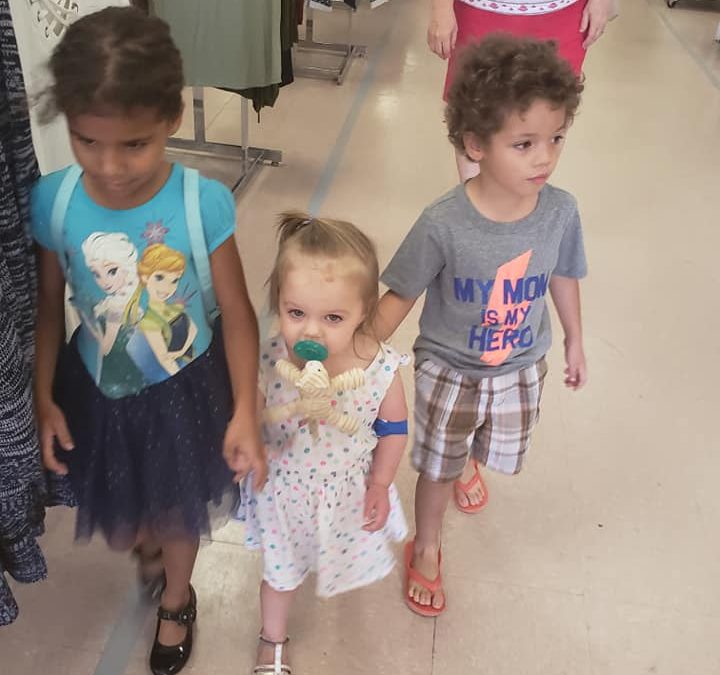For some people, making a difference in the world is vital to them feeling personally fulfilled. Many decide to consider looking after children and young people. If you have a roof over your head, you earn a decent wage, you want to make a difference and you enjoy the company of young people, you might want to consider becoming a foster parent. Welcoming a young person into your home isn’t as idyllic as it might seem. Being a foster parent for a child that might not have had the ideal start in life can also sound like a nightmare. The chances are that the situation may be challenging, but it won’t be the child’s fault. This is what you must remember when you commit to jumping on this roller coaster life that we call foster care.
Fostering can be a richly fulfilling and fun existence. The children in your care will be appreciative, you will extend your family, and you can have a positive influence in shaping a younger human being. Take a look to see whether you have what it takes to be a foster parent.
Life Experience
The chances are that any child that you foster will have experienced a negative upbringing or some sort of trauma. This might be more intense than anything you have ever experienced. Some children may need to enter short term acute care because their immediate family needs to readjust because of a bereavement. You could have an impact on helping families recover after a fatal accident by taking some of the responsibility of caring for a child for a very short time. You’ll be a roof over their head, and you can provide a comfortable and stable setting for however long they need you.
The children that you look after will have seen, heard and experienced things that you might not even be able to imagine. This can become bewildering and daunting at times. However, if you remain patient, a listening ear and you don’t force any dialogue, you can allow a child to settle at their own pace. You should never probe, force a child to confront trauma or take it upon yourself to counsel.
As a foster parent, you are not adopting the child. You may have to work with the biological parents to formulate safety plans, behavior policies, and structured meetings. That’s not to say that you may not have the opportunity at some point to adopt, but the initial goal is always reunification. With that being said, I have adopted three so far including an infant that came to me straight from the NICU.

Humor
As a foster parent you need to have a good sense of humor and you need to be pretty relaxed. Children entering your home for the first time may be worried about saying the wrong thing, getting into trouble or making mistakes. You need to make it clear from the beginning that this shouldn’t be of their concern. If a child in your care wets the bed, as many children dealing with anxiety and trauma do, address it but be pretty nonchalant and passive. Don’t make a big deal of it and smile as you chat to them.
You will need to be resilient if the child in your care is saying unkind things to you or refuses to eat at the table. Laugh, remain patient and ignore the actions. Remember, it is the behavior of the child that is cause for concern, not the child. Once a child realizes that your home is the stable environment that they can settle into, they may be more willing to open up and show you respect.
Communicate
Communication doesn’t mean forcing a child to talk about experiences that they are uncomfortable discussing. Communicating also doesn’t mean verbalizing everything. To communicate with a foster child, more subtle approaches are needed. If you are told that a child in your care adores chocolate cookies and Marvel movies, welcome them into your home with a Captain America bedspread and a cookie on their pillow. This may put them at ease immediately and shows them that you are thinking of them.

Give them space when they need it. Having their own space is key. If they want to chat, allow them to and listen. If they become withdrawn and quiet, give them time to adjust to their new surroundings. Set a clear structure from the beginning of your time together, but have a lot of fun as well. Simple things like food shopping might be a novel experience for them. Allow them to choose food and meals. Cook together, have family dinners, watch TV and get to know one another.
Being a foster parent is challenging and you will need to show great resilience at times. However, with foresight, you know that you are doing something that will change a young person’s life and hopefully help them to mature into a responsible, caring and thoughtful adult.
















